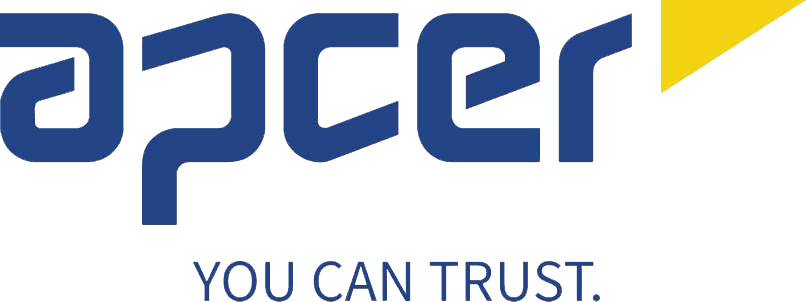What is the purpose of the CSDDD?
The CSDD aims to ensure that European and non-European companies with significant operations in the European Union identify, prevent, mitigate and are held accountable for negative impacts in the areas of human rights and the environment throughout their value chain. It includes issues such as child labor, forced labor, environmental degradation and biodiversity loss.
Who does it apply to?
The application of the CSDDD is phased in and depends on specific criteria:
- Large EU companies with more than 500 employees and €150M in global turnover.
- EU companies in high-risk sectors (such as textiles, agriculture and mining) with more than 250 employees and €40 million in global turnover.
- Non-European companies with revenues of more than €150 million in the EU and significant operations on European territory.
What are the main obligations?
The companies covered must:
- Identify risks in their operations, supply chains and business relationships.
- Implement mitigation and prevention plans, ensuring that negative impacts are eliminated or reduced.
- Continuously monitor their value chains to assess compliance and the effectiveness of the measures adopted.
- Report annually on their sustainability due diligence practices.
- Be subject to sanctions (fines or administrative penalties) in the event of non-compliance.
What deadlines should you be aware of?
The current proposal envisages a phased implementation to allow companies to adapt gradually:
- 2025: Large EU companies with more than 500 employees and €150M in global turnover must comply with CSDDD obligations.
- 2027: Medium/large EU companies (more than 250 employees and €40M turnover in high-risk sectors) come under the scope of the directive.
- 2029: Non-European companies with significant revenues in the European Union (€150M or €40M in high-risk sectors) must comply with the requirements.
How can we help?
At APCER, we carry out customized supplier audits according to the specific needs of each client. Our vast experience in auditing, combined with our technical knowledge of multiple sectors of activity and regulatory benchmarks, allows us to develop solutions tailored to the requirements of each organization. These audits can cover a range of topics, such as social responsibility, sustainable purchasing, the circular economy, food safety and legal compliance, among others, guaranteeing a complete assessment in line with your strategic objectives.















